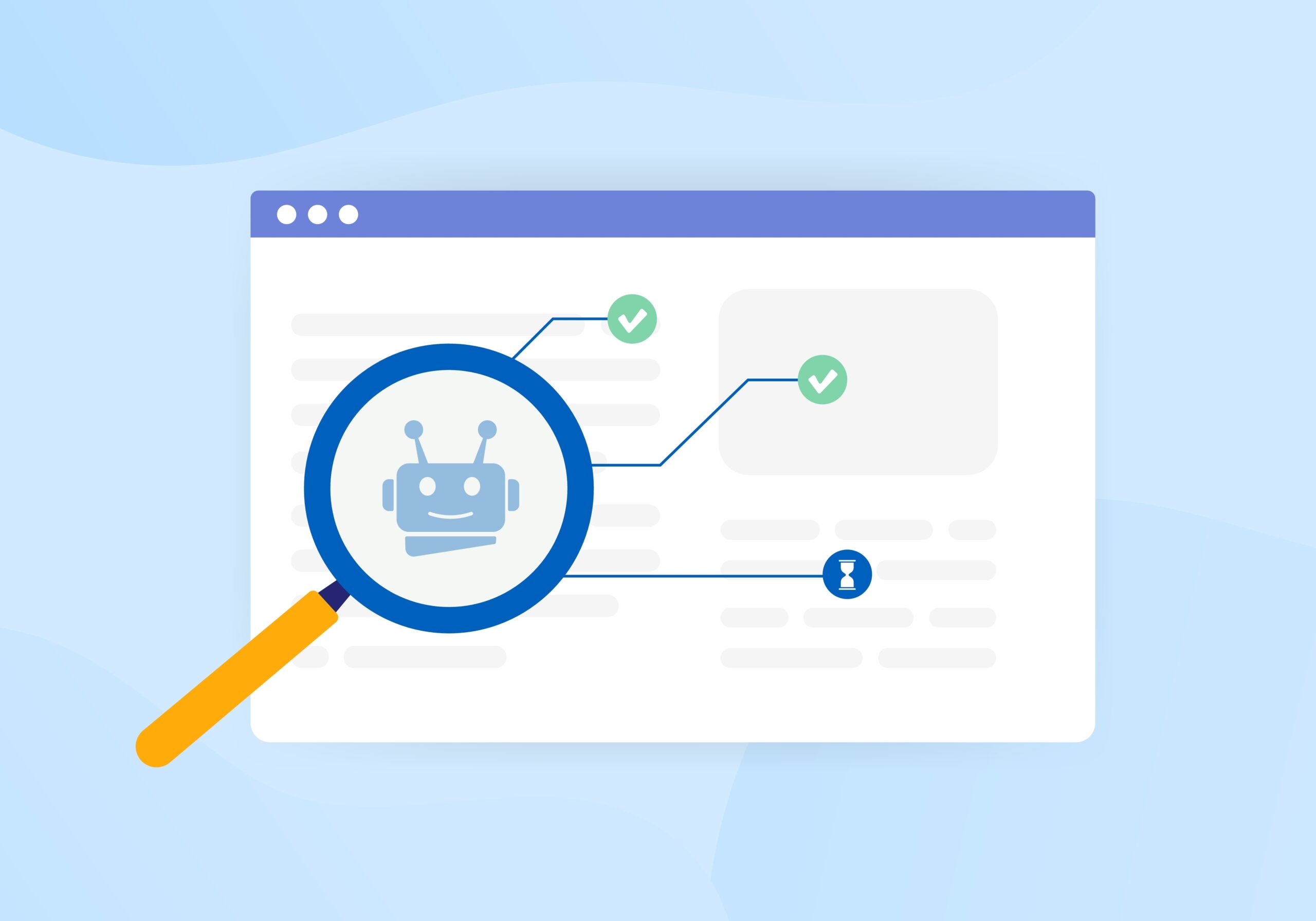What is crawlability, and how does your social media affect it for your website?
Today, we explore the connection between social media and website crawlability. This often-overlooked aspect affects your search engine rank and visibility.
Crawlability is vital for search engine bots to find and index your website in SEO. We know that having a strong online presence means using strategies for both website design and social media. Let’s see how social media affects your website’s crawlability and how you can improve online visibility.
Understanding Crawlability and Its Role in SEO
Before we delve into the social media aspect, let’s clarify what we mean by crawlability. Search engines like Google deploy web crawlers, also known as spiders, to scan websites. These spiders gather information about their content.
The collected data is then indexed and made available for search queries. A crawlable website helps bots explore and understand its pages quickly. Doing this enables better visibility on search engine result pages (SERPs).
A well-designed website that is easy to navigate helps to attract more visitors and improve search rankings, increasing the chances of reaching potential customers. But, you need to continually pay attention to crawlability to keep a strong online presence. Now that we understand crawlability better, let’s see how social media affects website visibility.
Social Media’s Growing Impact on Online Visibility
Social media now has a big impact on digital marketing and SEO. These platforms are used by billions of people worldwide. They are a hub for sharing content, engaging with others, and increasing brand visibility. Search engines now consider social signals like likes, shares, and comments to measure website popularity and relevance.
The connection between social media and SEO is complicated, but there is a clear link. When your content gets popular on social media, it tends to get more backlinks and referral traffic. This helps increase your website’s domain authority. As your website becomes more authoritative, search engines will see your content as valuable and relevant. This will improve crawlability and rankings on SERPs.
Unveiling the Hidden Connection: Social Media and Crawlability
Now, let’s uncover the direct and indirect ways in which social media affects your website’s crawlability. First and foremost, social media profiles themselves are indexed by search engines. The things you post on Facebook, Twitter, LinkedIn, and Instagram can show up in search results. Being active on social media and creating a consistent brand and message can help more people find you online. It can even go beyond your website.
Social media posts can indirectly affect your website’s crawlability by increasing traffic. As users engage with your social media content and share it with their networks, your website gains exposure to new audiences. When there is more traffic, search engines think your content is important. This makes them check your website more often and might improve your rankings.
Lastly, social media can be a powerful tool for encouraging others to link back to your website. When your content resonates with your audience and gets shared, it has a higher chance of being linked to other websites and blogs. These backlinks, also known as inbound links, are essential for improving your website’s authority and, consequently, its crawlability.
Leveraging Social Media for Better Crawlability
To make the most of the connection between social media and crawlability, here are some practical steps you can take:
Consistent Branding and Messaging
Ensure that your brand identity is consistent across all social media platforms. Use the same profile picture, cover photo, and company description to create a unified online presence. Consistency builds trust and makes it easier for search engines to associate your social profiles with your website.
Optimizing Social Media Profiles for Search Engines
When setting up your social media profiles, use relevant keywords and descriptions in your bio or about sections. These keywords should align with the products, services, or content you offer on your website. Doing so helps search engines understand the context and relevance of your social profiles, increasing the chances of appearing in relevant search queries.
Engaging Content Promotion
Create valuable, shareable content that resonates with your target audience. High-quality content is more likely to be shared, liked, and commented on, leading to increased social signals and improved crawlability. Encourage your followers to share your content with their networks, further expanding your reach.
Social Media’s Impact on Link-Building and Domain Authority
Social media can indirectly impact link-building, an important part of SEO, as mentioned before. When people share and like your content on social media, more websites will link to it. Getting backlinks from trustworthy websites is a strong signal of content authority. Search engines consider them when deciding how often to crawl your site and how high to rank it.
Additionally, when you engage with social media, your website becomes easier to find and visit. Search engines see websites with higher domain authority as more valuable and authoritative. This leads to more frequent crawls and better rankings on SERPs.
The Importance of Social Media Monitoring for Crawlability
It’s important to monitor your social media performance to see how it affects your crawlability and SEO. Track key metrics such as engagement rates, clicks, shares, and backlinks generated from social media. By analyzing these data points, you can figure out what type of content your audience likes and what brings the most visitors to your website.
Additionally, pay attention to user feedback on social media. Whether positive or negative, this feedback can provide valuable insights into areas where your website’s crawlability and user experience can be improved. Addressing user concerns promptly and making necessary adjustments can lead to enhanced crawlability and better user engagement.
Let Design Squid Help
In conclusion, the connection between social media and how easily your website can be found is very important. It affects how visible your website is and how well it ranks on search engines. Small businesses in Houston can improve their online presence and reach their target audience by understanding this connection.
At Design Squid, we know how crucial it is to have a complete digital marketing plan that includes website design and social media management. If you’re seeking to enhance your website’s crawlability and leverage social media to boost SEO, don’t hesitate to reach out to us. Our team of experts is dedicated to helping your business thrive in the digital landscape.
Contact us today and unlock the true potential of your website’s crawlability.













